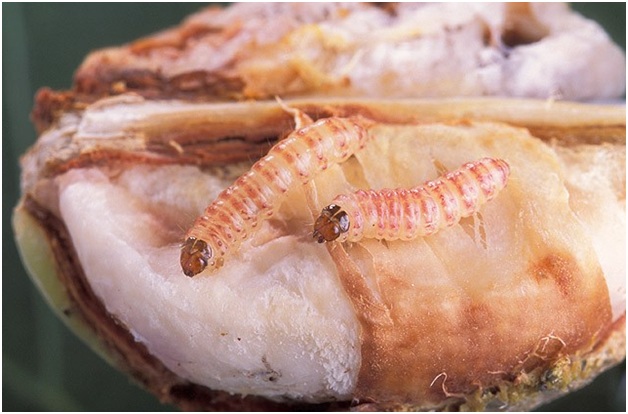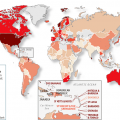Today, about one in eight people suffer from chronic hunger. About 98 percent of these people live in developing countries, and coincidentally, about 99 percent of the world’s cotton farmers also live in these countries. Clearly, the abundance of cotton farmers in these areas and the health benefits of cottonseed oil could be harnessed to promote food security.
Cotton as Food
Cottonseed contains about 20 percent protein, making it extremely valuable to populations where sufficient protein is lacking. A current issue with cottonseed oil is that it contains a compound that makes it toxic to humans until it is turned into cooking oil. This compound, gossypol, is eliminated from cottonseed oil during the refining process. Now, biotech researchers are looking into ways to produce cottonseed without gossypol, making it easier to cook with and eat immediately, especially in developing countries.
This change would enable people to eat cottonseed beans right away, and oil would not be the only food product to come from the plant. Without gossypol, cotton becomes more susceptible to insects and other pests, but researchers in Texas are looking into ways to combat this by removing gossypol only from cotton seeds, but not the leaves and stems, which could still be used to repel predators.
If this method becomes mainstream, it could open up cotton as a huge resource for feeding the world, either directly as human nutrition, or as feed for chickens, pigs, and other livestock, which is another great need in developing countries.
Enabling Crops Through Cotton
In another effort to use cotton as a way to combat food insecurity, the Soil Association recently released a report highlighting the five key benefits of organic cotton, and how it can help farmers feed their families. The study notes that there are 100 million cotton farmers globally, and these farmers on average grow six crops in addition to cotton, because organic cotton depends on diverse crops to maintain fertile soil, which it needs to thrive.
What this means is that for those living in rural, farming communities can depend on cotton farms to create a culture of food production and diverse crops, and this can be utilized to feed the surrounding areas. These organic cotton farms can produce cotton fiber to make money in order to buy food, but can also produce diverse crops for consumption. Encouraging and rewarding the production of diverse crops through adding value and potential additional income streams to farms can greatly improve food security around the world.
Moving from a culture of agriculture for resource to one of agriculture for food is an important shift for cotton, and one that can help local communities and the world. Moving cotton fiber toward the market while investing in local food security creates a win-win situation for all involved and cotton, through working as a fiber commodity, can in essence actually contribute to ending hunger.







Recent Comments